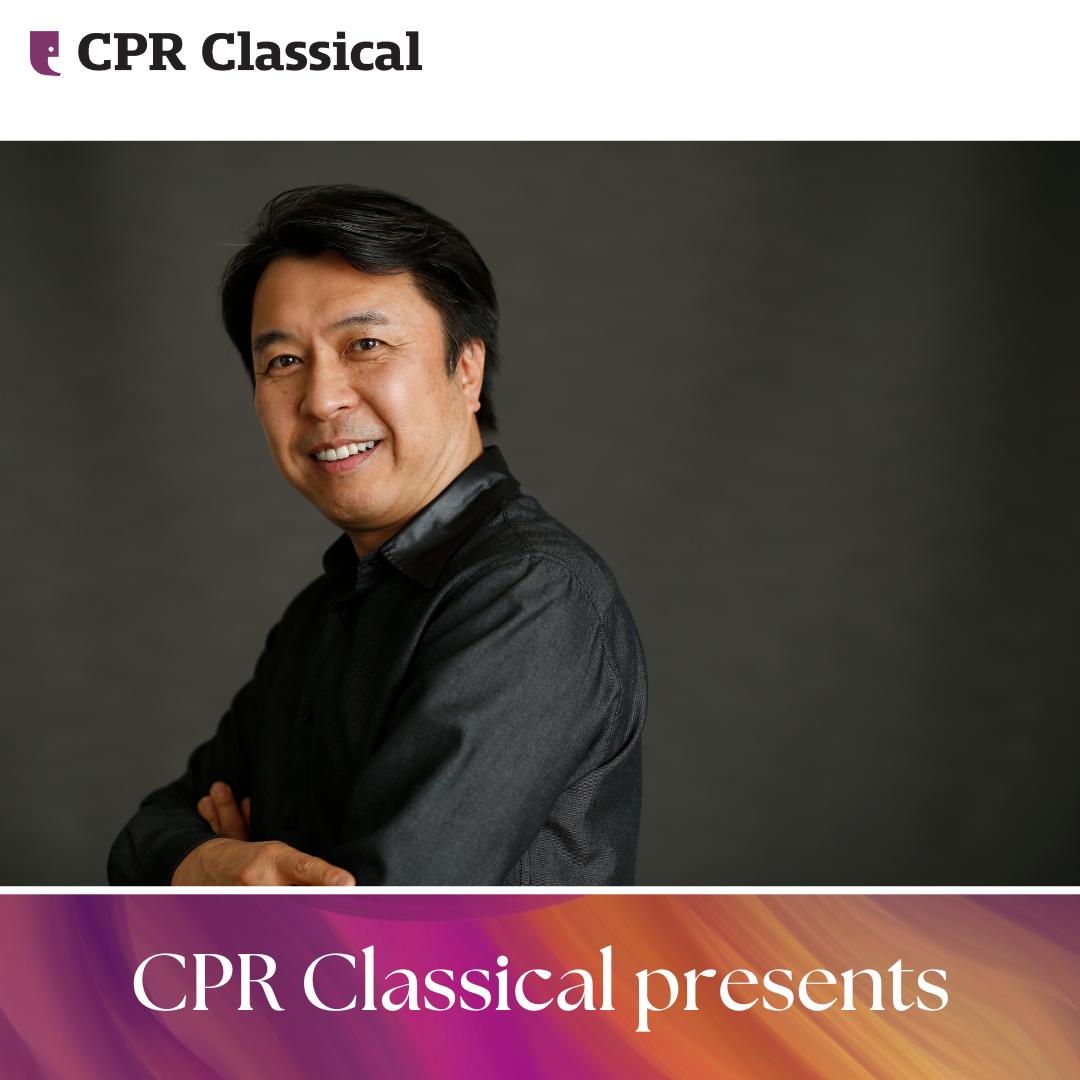
It started my freshman year in high school and extended through college, when I played with the local community orchestra, the Walla Walla Symphony.
Once I graduated, I won an audition for my very first professional playing job with the Sioux City Symphony.
From there, I went to play with three other professional orchestras. I stayed in my last symphony, the Maryland Symphony Orchestra, for 24 glorious seasons and loved every minute. In all, that's 33 years of orchestra work.
There's something to be said about sitting in the middle of a large group with a huge swirl of music going on around you. So many different voices, so many different sounds.
It's a vitally visceral and nearly indescribable excitement. It’s being part of a huge, powerful machine, a growling Lamborghini precisely tuned and brilliantly driven.
Then I discovered chamber music -- and rather late in life. The gears starting cranking in earnest just this past year. I started "jamming" with friends -- string quartets mostly.My quartet-playing evenings with friends gradually became regular occurrences. (It didn't hurt either that we had cake afterwards.)
I've made new a whole group of new friends -- chamber music enthusiasts -- since moving to Denver in November. We've read everything from string trios to sextets. A lot of this material is standard repertory, but it's been an eye-opener for me. I've never played it before.
These chamber music sessions have also yielded musical discoveries by obscure composers who are totally new to me.
Ever heard of Hans von Koessler or Friedrich Gernsheim? Neither had I. Not everything we play is necessarily music for the ages, but what a delight it is to uncover these neglected gems.
Some of my greatest joys have come from playing the quartets Mozart composed late in his life. In particular, his last one, String Quartet No. 23, is a real gem.
The slow movement speaks volumes to me and still gives me chills every time I play it. If I had to choose one of Mozart's most sublime slow movements, I'd pick this one.
I continue to learn more new chamber material. Since arriving in Denver a few months ago, I've met new friends who've introduced me to other material, including quintets and sextets. I'm learning a great deal of new material and basking in the thrill of being a single voice in a small group.
One huge difference: Playing chamber music involves an infinitely bigger musical responsibility.
You get no assistance from a conductor, and every single note you play matters most intensely. Also, the intimacy of listening and watching your fellow musicians is a whole different ballgame from what's involved when you're in the orchestra.
Which do I like better? Well, it's really an apples-and-oranges scenario if you want to compare it to orchestra playing.
But I'm loving the experience, sight-reading like mad and learning a lot of new material from the inside out.
It reminds me that bigger isn't always better.
Jean Inaba hosts The Baroque Show weekend mornings on CPR Classical.









